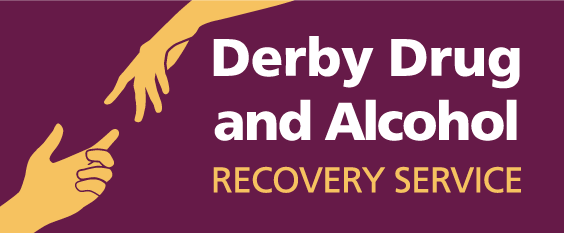
Alcohol Awareness Week, 7-13 July, 2025
It's hard to separate fact from fiction when it comes to alcohol, especially in a society where it is glamorised and normalised everywhere we look.
Here are some popular myths around alcohol, to help you better understand the true impact of alcohol on our health, finances, workplaces and society.
- Alcohol won't help you sleep better
We've all heard people say how much better they sleep after a drink, haven't we? Well it might surprise you to know that although we might drop off quickly after a couple of glasses, we spend less time in the deep sleep that we actually need to feel well-rested.
The sedative effects of alcohol soon wear off, so we might find ourselves waking up more often. And we've all lain next to a snoring partner after a night on the booze haven't we? That's down to the fact that alcohol relaxes the muscles in our upper airways, so it's more likely that we'll snore.
And then there's the morning after... disturbed sleep can lead to feeling tired the next day and overdoing it on the caffeine, which will interrupt your sleep the night after! Reducing your drinking is likely to give us improved sleep, more energy and generally feeling better.
- Drinking red wine isn't good for your health
Yes, red wine does contain antioxidants such as resveratrol, which protects against heart disease. But no research to date has definitively shown a cause-and-effect link between drinking alcohol and better heart health. Scientists do tend to agree that overall, the risks outweigh any benefits!
Drinking even moderate quantities of red wine, just like any other type of alcohol, increases our chance of developing health conditions like high blood pressure, stroke and cancer.
- Alcohol harm doesn't only affect a few heavy drinkers
Alcohol harm can affect any one of us, regardless of our age, background or location. It can impact our health and wellbeing in all sorts of ways, sometimes on a daily basis, from the quality of the sleep we are getting to the relationships with those we love.
And every year, thousands of us experience longer-term health problems as a result of the alcohol we drink and which, tragically, can even result in early death.
The good news is that ending alcohol harm is totally pssible, but it will take bold changes including making sure we are properly informed about our own risks from drinking alcohol and tackling the stigma associated with seeking help for drinking issues.
- Alcohol harm isn't inevitable - we can effect change
It's true that research consistently shows us that the more alcohol we consume, the more harm we experience; not just those of us who drink but also our children, partners, parents - in fact our entire communities and our whole society.
It's also the case that over 10 million of us are drinking alcohol in a way that can cause problems, affecting our health and impacting the people around us.
But it doesn't have to be this way - we can change the centre-stage role that alcohol plays in our society and lives. By taking some time to learn more about the harms of alcohol, and by supporting better national regulations to prevent these harms, we can make life better for us all.

